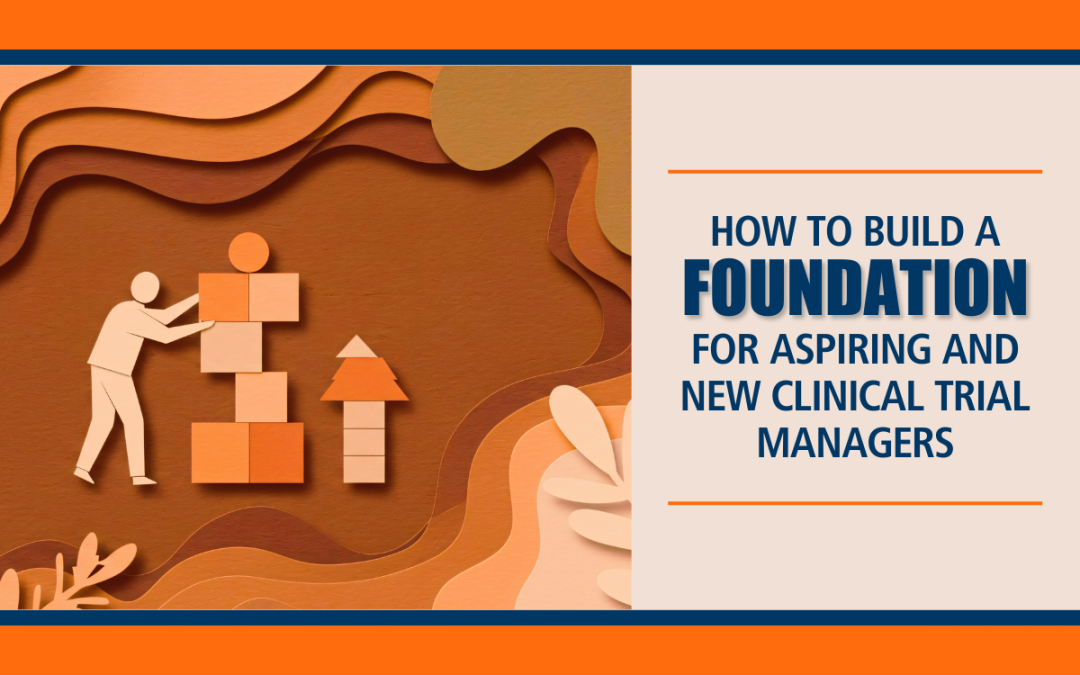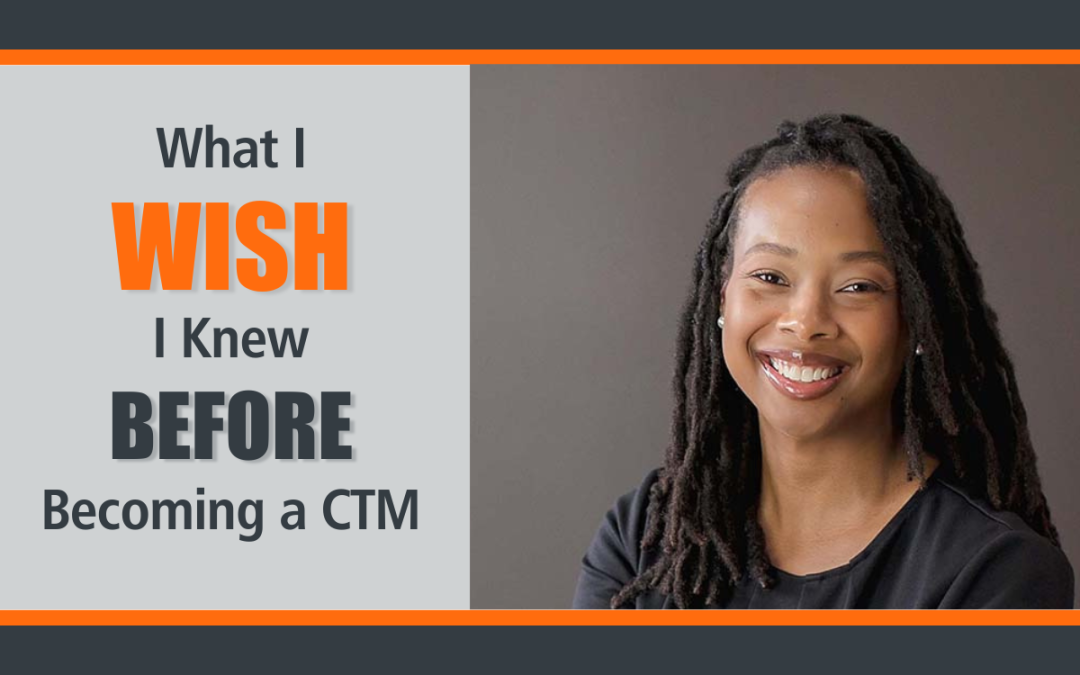Clinical Trial Managers don’t have much time to search for guidance they won’t use, but finding opportunities to improve their skill set is still important.
Do you spend time seeking advice, reading about it, and trying to apply it to your work or personal life — only to scrap it and move on?
A quick Google Search leads you to recommendations for any problem or question:
- How can I improve as a CTM?
- How can I be a successful CTM?
- What does a CTM do?
- How can I become a CTM?
But how much of the advice works? How much of what you learn from Google or ChatGPT can you actually apply to your job or job search?
You want real tips. You want to hear from top CTMs about what contributes most to their success. You want to learn about the parts of the job that are essential to excelling in the role.
That’s what you’ll find in this article: 4 Essential Ways to Become a Top CTM.
Pro Tip 1: Successful CTMs effectively collaborate with both internal and external personnel.
Clinical Trial Managers constantly work and meet with internal and external study team members. Part of a CTM’s job is to find the best way to work, collaborate, and communicate with each individual and team.
Let’s face it — some people are (much) easier to work with than others. There are many reasons teams may struggle to work well together, including:
- Clashing personalities
- Different communication styles
- Other work or personal priorities
- Unclear or inconsistent expectations
- Varying levels of experience
While much of this is unavoidable, the best Clinical Trial Managers find a way to be collaborative.
Here are three things to do when you meet a new team member:
- Ask about their preferred communication style. Do they prefer email, text, instant messages, phone, or video calls?
- Discuss expectations. Tell them what you expect from them. Ask what they need from you to do their job well.
- Take a few minutes to get to know them on a personal level. What is something they like to do outside of work? What is their next career goal? Don’t forget to share something about yourself!
Effective collaboration requires effort on both parts. As the CTM, modeling cooperation and respect from the start will lead to positive ongoing partnerships.
Remember: We are all a team and need one another to deliver the study successfully!
Pro Tip 2: Successful CTMs are proactive instead of reactive.
CTMs spend a lot of time reacting to problems and determining how to resolve them. You may plan your schedule for the day, only to wake up to an issue that requires immediate attention.
The trick is to be proactive. Determine what’s next — and how you can get ahead.
- How can you streamline the process?
- What information can you gather to help throughout the study?
- Are there activities you can implement now to save time in the future?
- What are your mitigation strategies for potential problems?
Here’s an example about patient retention, a key responsibility for a Clinical Trial Manager:
- A REACTIVE CTM sees patient retention numbers declining while they are happening — or worse, when it has already happened. This problem becomes the CTM’s top priority because reopening patient recruitment will cause budget increases and delayed timelines.
The CTM spends significant time determining why patients are dropping out of the study and rolling out new patient retention plans for CRAs and site teams. They put other responsibilities on the back burner while they work on retention. It is stressful, exhausting, and, in most cases, avoidable.
- A PROACTIVE CTM researches retention issues that prior studies have faced with similar patient groups, especially for long term studies and works during study start-up to outline patient retention mitigation strategies. This could mean adding schedules for check-in calls during protocol development or adding patient swag during the initial study IRB approval process.
The CTM checks in with CRAs to see what is working and what is not and makes changes as needed. While it may still be stressful, it is less overwhelming than if they were unprepared.
What tools, resources, or training do you need to help yourself become more proactive and less reactive?
Pro Tip 3: Successful CTMs efficiently distribute information to keep study team members informed.
As the manager of the clinical trial, the CTM receives information from all study team members. From meetings to emails, this is a lot of information!
Always ask yourself, ‘Who needs to know this information?’
Clinical Trial Managers help keep information flowing between all parties so all study team members stay informed.
As you gain experience, efficiently distributing information will come more naturally. Ask yourself the question above and disseminate the information quickly. This will help your team and enhance their connection to you and their job.
Pro Tip 4: Successful CTMs support their CRAs.
Clinical Trial Managers oversee Clinical Research Associates (CRAs), provide training, lead CRA meetings, and fill in when CRAs travel or are out of the office.
CTMs and CRAs work closely together (this is an example of Pro Tip 1 – a collaborative relationship the CTM will want to build). CRAs are the eyes and ears for the CTM to know how the study is progressing at the site level.
Just as a CTM’s job can feel stressful and overwhelming, CRAs often experience similar feelings.
The best Clinical Trial Managers support their CRAs in various ways:
- Jump in and help when needed.
- Create an FAQ Log to assist with frequently asked questions (crucial when CRAs are on-site and need quick answers). This video discusses more about FAQ Logs.
- Plan helpful training sessions.
- Invite the medical monitor, DM team or vendors to CRA meetings.
- Provide positive feedback.
- Show understanding and appreciation.
What do you do to support your CRAs? What can you do better?
More Pro Tips for Clinical Trial Managers
CTMs are involved in all aspects of a clinical trial, from Study Start-Up to Study Close-Out. When you work on a trial from beginning to end, there is a lot to know.
During the ClinEssentials CTM Training Course, you’ll dive deep into these four essential ways to become a top CTM. You’ll learn about a Clinical Trial Manager’s responsibilities in all trial phases. You can have your questions answered by the course instructor. You will leave the course feeling confident and prepared to be a CTM.
Enrolling in the CTM Training Course will help you pave your path to success in clinical trial management. The course is for current and aspiring CTMs. Learn more about the CTM Course here! Join the Wait List to be among the first to know when registration opens for the next course.
Tiffany Ashton is the Director of Operations for ClinEssentials and the instructor for the ClinEssentials CTM Training Course. She has 21 years of experience in Clinical Research (over 10 years as a CTM).






0 Comments